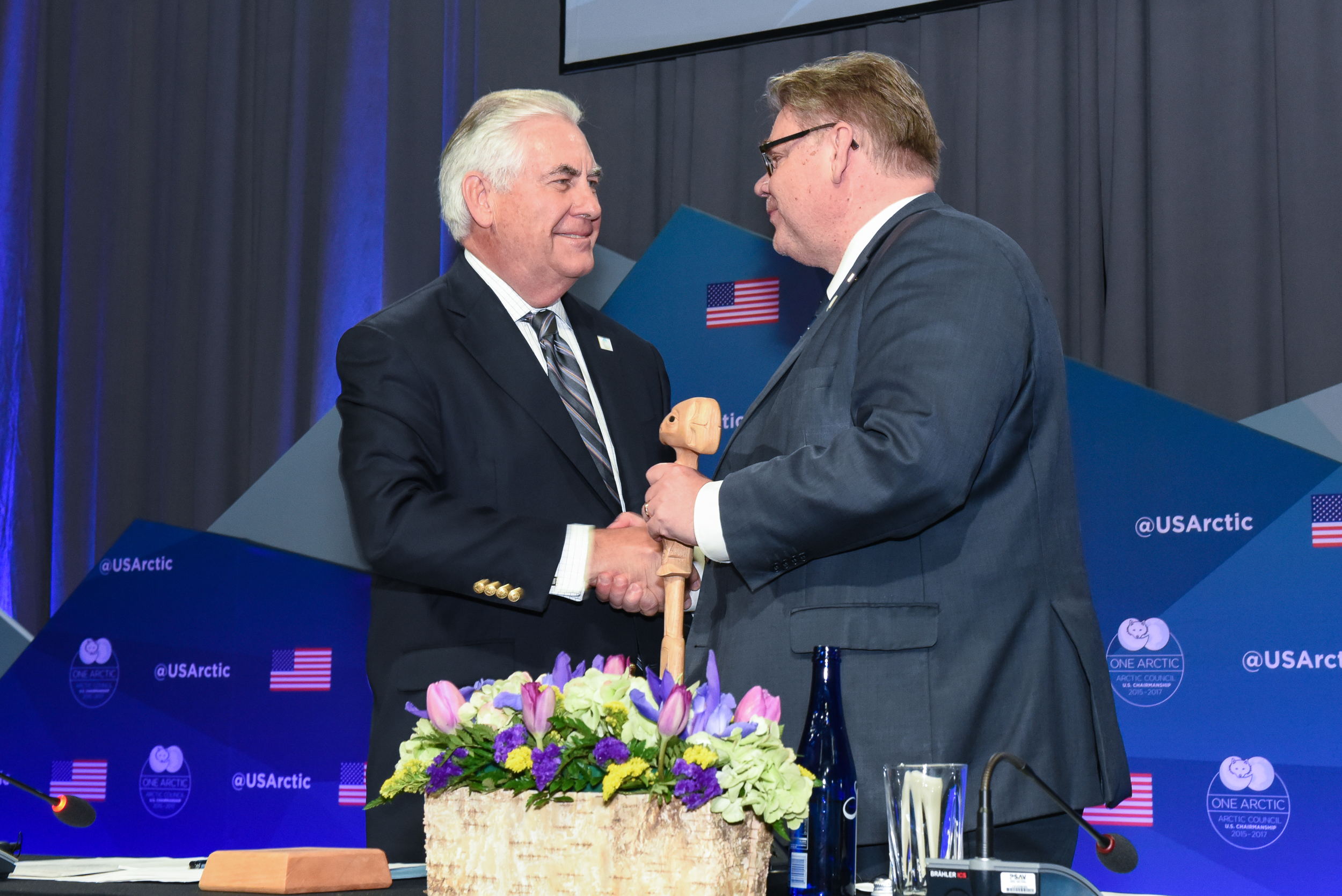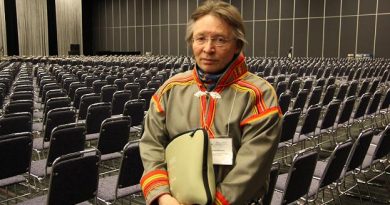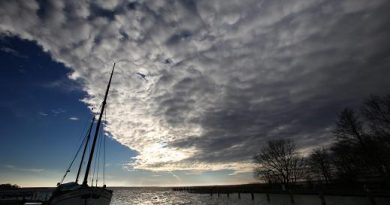Interview – Finland’s Senior Arctic Official looks back at two years of Finnish Arctic Council chairmanship

Finland completes its two-year Chairmanship of the Arctic Council on Tuesday, May 7th.
Eye on the Arctic blogger Heather Exner-Pirot interviewed Finland’s Senior Arctic Official, René Söderman, ahead of the big day.
What was the most unexpected challenge for the Finnish Chairmanship?
One could look at this from several different points of view. Firstly, Arctic cooperation is considered shielded from the political events outside the Arctic. One example of this is the role of the Arctic Council. It offers a platform for dialogue when discussions between states have become inflamed in other fora. Tensions in international relations were already on the rise when Finland assumed the Chairmanship. Early on in our Chairmanship, we stated our intent to work towards an Arctic Summit – a topic that the United States had already envisioned before their Chairmanship – but as it turned out political realities prohibited Finland from convening a summit.
Secondly, running a chairmanship in cooperation with the secretariat and keeping in touch with the States, Permanent Participants and Working Groups is quite time consuming. But this is the name of the game in international diplomacy and multilateral cooperation. To sum it up: Arctic cooperation is challenging, but always rewarding.
What do you consider the biggest achievement, first of the Arctic Council as a whole over the past two years; and also of the Finnish Chairmanship of it?
Finland assumed the chairmanship with a vision of strengthening Arctic cooperation and the Arctic Council itself. We also highlighted the importance of the Paris Climate Agreement and the UN Agenda 2030 for the future development of the Arctic.

While the past two years have seen a rise in international tension, the Arctic states continued to come together to discuss their joint visions for a prosperous future of the Arctic. I think the Chairmanship has managed to consolidate the cooperation, despite differing views on climate change and sustainable development. Finland initiated a close collaboration on meteorology in the Arctic together with the WMO [World Meteorological Organization], that had been welcomed as an Observer in Fairbanks [Alaska], and the national meteorological institutes. This cooperation has already enhanced meteorological and oceanographic observations in the Arctic.
Having been in the lead of the Arctic Council as an organization for the past two years, what is the one thing you would most like to change about it?
I think the Arctic Council as a high-level political forum between the Arctic States and Permanent Participants is well equipped to deal with the environmental issues and issues on sustainable development and well-being of people in the Arctic. The six Working Groups are working very well and their outputs of policy recommendations, best practices and assessments are top-notch. The amount of work carried out in the Working Groups and other subsidiary bodies has grown, which makes it a challenge to stay informed of it all.
The Arctic Council is therefore working on its strategy with the aim to focus the Council’s work to respond better to the changes taking place in the Arctic. As the Arctic Council is not a formal organization it is able to keep its flexibility to take action when needed. The Task Forces on Arctic Marine Cooperation and Improved Connectivity in the Arctic are good examples of this.
What one issue do you hope the Icelandic Chairmanship will adopt or improve upon for their Chairmanship that was ‘unfinished business’ for the Finnish Chairmanship?
Finland set out its chairmanship with the slogan “Exploring Common Solutions”, but it takes more than a Chairmanship to find solutions for all the different areas that the Arctic Council works on. Finland prioritized meteorological cooperation, connectivity, education and environmental protection.
I think everybody welcomes Iceland’s emphasis on marine litter, especially plastic pollution. Iceland’s work on marine litter will be a very important contribution to the efforts of the Council in environmental protection.
During the Finnish Chairmanship we raised concern for the emerging issue of wildfires. Combating wildfires may require cross-border cooperation and involvement of indigenous peoples and local communities. Several Working Groups have taken up this issue since the destructive wildfire season last year and we hope that Iceland will be able to continue this work during their Chairmanship.
Related stories from around the North:
Canada: What to expect from the 2019 Arctic Council Ministerial, Blog by Heather Exner-Pirot
Finland: Arctic Council experts tackle black carbon risk posed by wildfires, Eye on the Arctic
Iceland: Iceland talks Arctic, Trump’s ditching of climate accord, with U.S. Secretary of State, Eye on the Arctic
Norway: Norwegian, Russian foreign ministers find common ground on northern issues at Italy meeting, The Independent Barents Observer
Russia: Nordic leaders stand united as they sit with Putin in Russia, The Independent Barents Observer
United States: U.S. must pay attention to growing China-Russia alliance in Arctic: expert, Alaska Public Media



